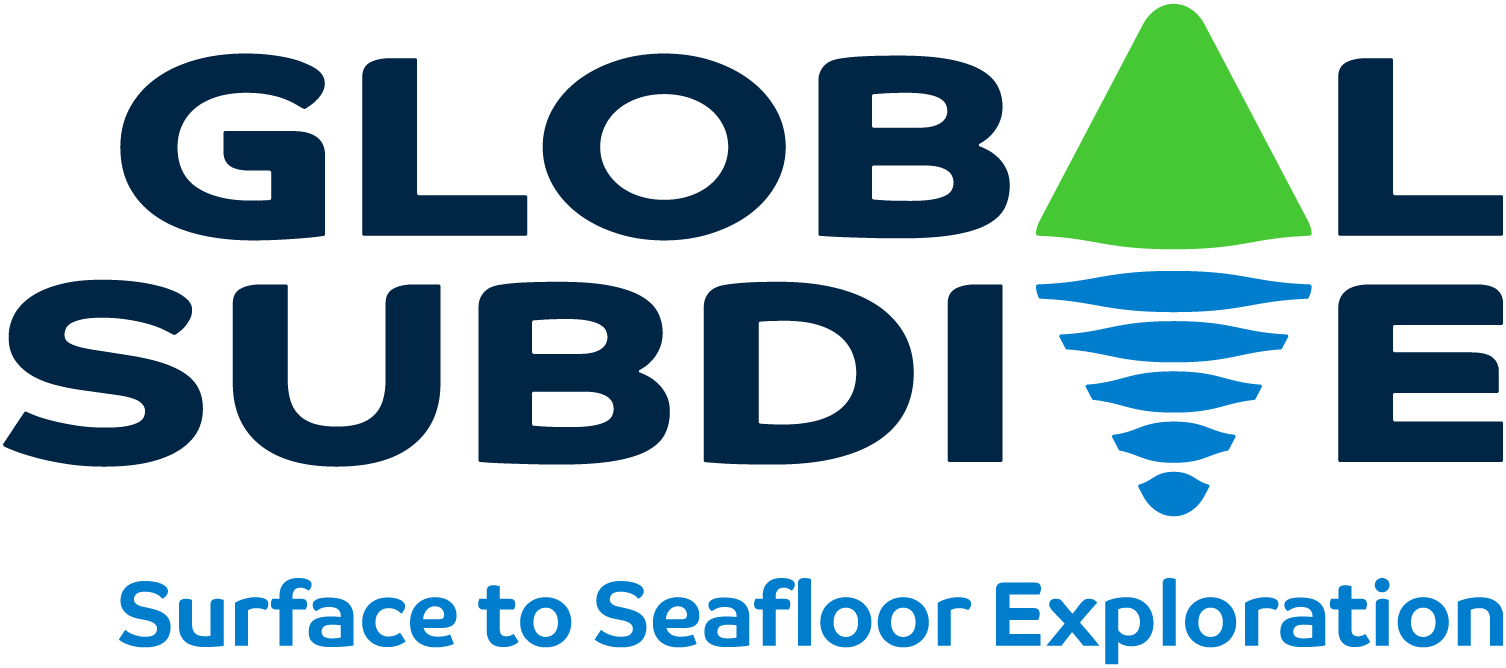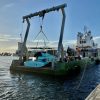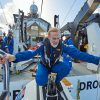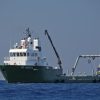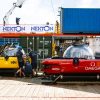Fort Lauderdale – Project Baseline, a global conservation effort that invites divers and water lovers alike to systematically document marine and freshwater environments, is delivering valuable exploration assets to a multi-disciplinary alliance of the world’s leading ocean scientists, media organizations, business leaders, philanthropists, educators, and civil leaders under a newly formed research organization, Nekton.
Nekton’s first research program, launching on July 14, 2016 is creating a new standardized methodology for marine biologists to measure physical, chemical, and biological indicators to assess the function, health, and resilience of the deep ocean, earth’s least-explored, largest, and critically important ecosystem. The scientific findings will be released as part of the XL Catlin Deep Ocean Survey.
Exploration assets, being deployed in the waters around Bermuda, include a highly capable and customizable mobile diving platform, the 146’ r/v Baseline Explorer, equipped with human-occupied submersibles and technical dive teams, supported by a complement of resources required to run autonomous diving operations in remote parts of the ocean. The ship and accompanying submersibles are sponsored by GlobalSubDive, a US company founded in 2013 with the primary mission of supporting and promoting Project Baseline and its parent organization, Global Underwater Explorers (GUE).
Baseline Explorer serves as central command for highly-skilled and mission-oriented technical dive teams made up of volunteer divers from GUE’s 64-country network and trained in globally standardized skill and safety protocols to ensure that research and exploration missions are reliably and successfully completed. The Baseline Explorer crew will be deploying pioneering marine technologies, including two crewed submersibles, each rated to 1,000’, to gather physical, chemical, and biological data. The submersibles are adapted with the latest filming and scientific equipment. Their transparent spherical pressure hulls provide a revolutionary platform for scientific observation and will enable the latest Virtual Reality 360-degree cameras on board to document an extraordinary level of detail of the mission, with radio links enabling interaction with the mission team.
The submersibles will be accompanied by technical diving teams trained to withstand the rigors of prolonged exposure to often inhospitable underwater environments while carrying out data collection and exploration missions at depths up to 400’. Divers serve as a highly mobile and versatile extension of the submersible’s data collection, observational, and documentation capabilities, and are tasked with systematically capturing key elements of the deep ocean environment using the latest camera and data collection equipment and observational techniques. The combined components of Baseline Explorer, crewed submersibles, and mission-oriented dive teams create the most advanced, wide-reaching, and comprehensive mobile deep water diving assembly available to private and government entities anywhere.
Dr. Todd Kincaid, Director of Project Baseline and Head of Dive Operations for Nekton’s Bermuda mission, says “Project Baseline is excited to apply our robust collection of diving assets to support Nekton’s Bermuda mission. Our organizational goals are closely aligned, and our desire to explore and share what we see underwater with as many people as possible is the true driving force behind this collaboration. During my 30-year diving career, I’ve spent months of my life underwater. The alarming changes taking place in marine and freshwater environments are very real. The more people can see this change for themselves, the better chance we stand of preserving diverse and vital ecosystems the world over.”
Bermuda is a collection of more than 130 coral islands capping an ancient volcano that rises from the depths of the Atlantic Ocean and is a uniquely transitional location. It lies at the western edge of the Sargasso Sea near the transition into the Gulf Stream, and as essentially a seamount, it sits atop the transition zone between the shallow and deep ocean. Today, Bermuda is near the center of another form of transition, one marking a change in how we regard and interact with the oceans in the face of emerging problems of climate change, ocean acidification, overfishing, and pollution.
Nekton’s mission will focus on a long depth transect down the Bermuda Rise, identifying changing biological, chemical, and physical parameters across a series of ecosystems and the Gulf Stream. This aims to be the longest marine transect in history. Bermuda also provides a unique opportunity for historical comparison, as it was the location for the first ever crewed deep ocean exploration. William Beebe and Otis Barton made their deep dive there in the 1930s, and their data will be a reference point for measuring change.
In addition to supporting Nekton’s scientific agenda, Project Baseline is fulfilling its own organizational goal to establish and communicate environmental baselines in aquatic environments all over the world by documenting key locations through the use of still photography and HD video transects. Images are uploaded to a publically accessible spatial database, already home to over 1,500 geo-tagged locations across 27 countries, making it one of the most diverse and comprehensive publically available databases of marine and freshwater images populated entirely by volunteer observations. The overarching objective of Project Baseline’s global mission and participation in Nekton’s inaugural deep ocean mission is to empower passionate citizens to observe and record change within the world’s aquatic environments, from this project to the rest of our water planet, in a way that fosters public awareness and supports political action.
The full press release and media contact information is available here.
